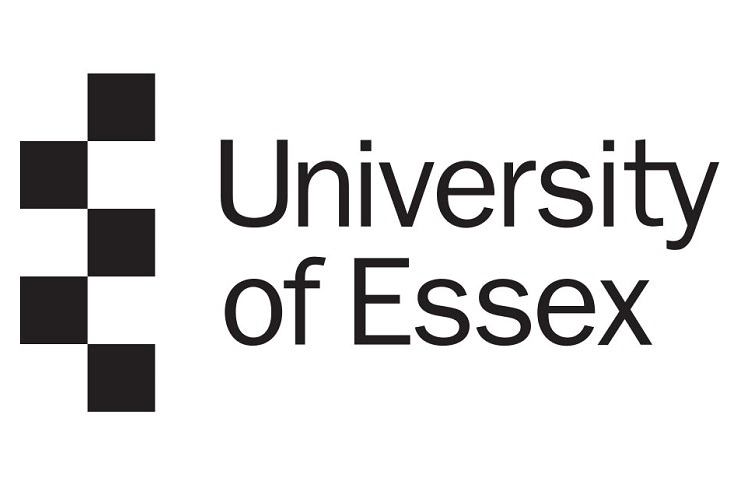#LanguagePolicyUK has clear potential but could do better

Four years after it became compulsory for children to learn a foreign language at primary school, researchers have assessed the success of the new policy and have concluded that while it has potential, it needs more support to ensure its success.
The Research in Primary Languages (RiPL) network, which includes academics from seven leading universities, teachers, and policy makers, found language provision across the country was patchy and Britain lags behind other European countries when it comes to language learning and teaching.
Professor Florence Myles, from the Department of Language and Linguistics at the University of Essex, leads the RiPL network and explained: “It’s clear from our research that simply requiring all primary schools to teach a foreign language is not enough.
“There are schools which illustrate exemplary practice, but a high-quality curriculum is not consistently provided in all schools and children do not receive equal opportunities to learn a new language.
“To raise standards in language proficiency, in line with other European countries, schools need central guidance and support in a number of key areas.
“At this critical moment in the country’s history, it is particularly important for young people to develop a global outlook and the confidence and motivation to connect with others around the world. Getting the right skills in languages from an early age assumes an even greater importance.
“This is crucial if we are to reverse the falling number of pupils studying languages at GCSE and A-Level.”
Following a policy summit, held at the British Academy and attended by major national stakeholders, the RiPL network are publishing a White Paper on Tuesday 5 March with recommendations for towards an implementation strategy for primary languages in England including:
- Doubling the amount of time spent on language teaching – in England many primary schools only provide 30 minutes a week, which equates to just over 2% of available curriculum time. This is much lower than other European countries. In Spain the figure is 10%, in Italy it is 9% and in France, Germany and Finland 6% of curriculum time is spent on foreign languages. RiPL suggests a minimum of an hour a week.
- Providing specialist language training for primary teachers – not just when they start training, but throughout their careers. This should include better use of digital technology to aid learning and teaching.
- Providing more guidance on what should be taught and when, with examples of best practice to guide teachers. There should also be a nationally-recognised benchmark of what pupils are expected to know by the time they leave primary school.
- Improving transition arrangements between primary and secondary schools – the current lack of continuity in curriculum planning means secondary teachers take little or no account of prior learning, so pupils are demotivated when they repeat what they have already learned at primary school.
RiPL also suggests language provision should be included in Ofsted inspections and says the Department for Education should consider setting up a National Task Force for Primary Languages, which would support school-led improvement in the teaching of languages in primary schools.
The White Paper is the outcome of the RiPL Primary Languages Policy Summit held at the British Academy, London on Friday 23 November 2018
RiPL gratefully acknowledges the contributions from delegates from the following organisations who attended the Primary Languages Policy Summit:
All-Party Parliamentary Group on Modern Languages; Association for Language Learning; Association of School and College Leaders; British Academy; British Association for Applied Linguistics; British Council; ; Business in the Community; Confucius Institute; Department for Education; Education Endowment Fund; Education Policy Institute; Goethe Institut; Hackney Learning Trust and the Primary Schools Network; Independent Schools’ Modern Languages Association; Harris Federation (ITE); Institut Français; King’s College, London; Manchester Metropolitan University; National Resource Centre for Supplementary Education; OFSTED; Ofqual; Our Lady of Mount Carmel R C Primary School, Tameside; Rushey Mead Educational Trust; Spanish Embassy Education Office; Speak to the Future; Springfield Primary School, Sale, Trafford; St Paul’s C of E Nursery & Primary, Brighton; The Primary Schools Network; The TENAX Schools Trust; University of Cambridge; University of Essex; University of Oxford; University of Reading; University of Southampton.
About the Research in Primary Languages Network: All the members of the RiPL network are involved in research, working on projects which relate to children and second language or foreign language learning. The research aims to better understand the nature of second language (L2) knowledge, what impacts on it and how it develops over time. We focus on how we learn second languages and how this differs from the way we learn our native language, and how we can learn and teach foreign languages more effectively.
The Chair of RIPL is Professor Florence Myles, University of Essex; its Co-Chair is Bernardette Holmes MBE; Members include: Professor Janet Enever, Umeå University; Professor Suzanne Graham, Dr. Rowena Kasprowicz, University of Reading; Dr. Gee Macrory, Manchester Metropolitan University; Emeritus Professor Rosamond Mitchell, University of Southampton; Professor Victoria Murphy, University of Oxford; Dr. Alison Porter, University of Southampton; and Dr Angela Tellier, University of Essex.
The RIPL’s stated purpose is:
- To provide research-informed insights addressing current issues of primary languages pedagogy and policy through our website and through publications
- To publish reader-friendly summaries of research on language learning, teaching and multilingualism in classroom
- To provide CPD training, workshops and conferences
- To provide consultancy and advice












Responses